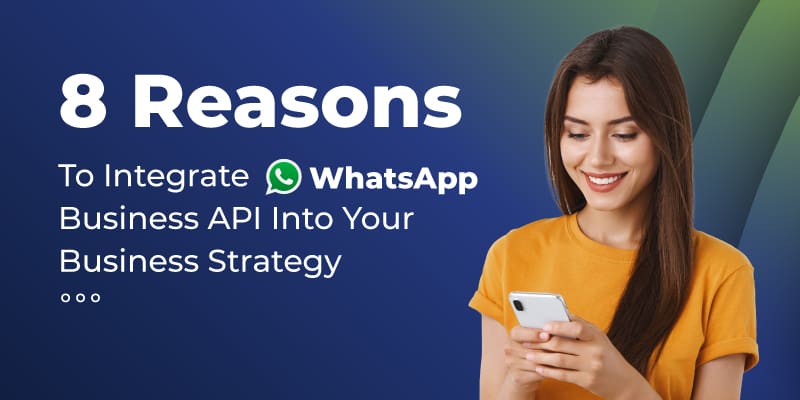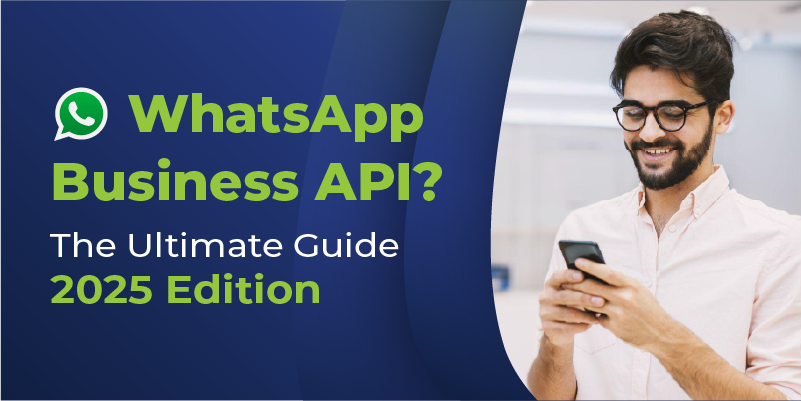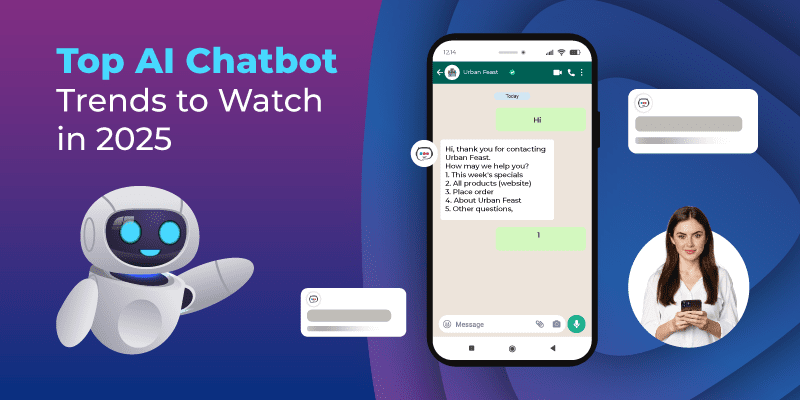Building technology from scratch can give developers total control over the innovation process, but it can also be expensive, time-consuming, and difficult. A digital company’s primary competency, which is content and audience relationship, can be overshadowed by deadline pressures, financial limitations, and the realities of a fragmented market with so many distinct languages, formats, and guidelines to manage.
Using a video application programming interface (API) is a critical technique worth thinking about with the ultimate objective of delivering engaging streaming experiences that expand the company’s reach and spur revenue and growth. According to Cisco, by 2023, video content is expected to account for 82% of all internet traffic, highlighting the significant role of videos in online interactions.
Video API allows you to integrate video capability into your program, products, services, or business. With the use of Video APIs, you can also incorporate live streaming, 1:1 meetings at the moment, group conversations, and more. APIs allow programmers to add functionality to already-existing software, specify how particular system components interact with one another, and facilitate server communication.
Summary:
Video API can be leveraged in various marketing use cases to enhance engagement, create compelling content, and drive customer interactions. Here are some marketing use cases of Video API:
Video-Based Product Demonstrations:
Marketers can utilize Video API to create interactive and engaging product demonstration videos that showcase the features and benefits of their products. For example, a cosmetics brand could use Video API to enable viewers to virtually try on different shades of lipstick or experiment with makeup looks in real-time.
Video-based Email Marketing:
Video API can be integrated into email marketing campaigns to deliver personalized video messages to subscribers. For instance, an e-commerce company could use Video API to automatically generate and embed personalized product recommendation videos based on each recipient’s browsing and purchase history, increasing the chances of conversion.
Live Video Q&A Sessions & Webinars:
Marketers can leverage Video API to host live video Q&A sessions and webinars, enabling direct interaction with customers and prospects. For example, a software company could conduct a live webinar where attendees can ask questions in real-time, and the API can handle the streaming and display of the video feed, as well as the Q&A chat functionality.
Social Media Video Contests:
With Video API, marketers can organize video contests on social media platforms. For instance, a sports brand could run a contest where participants submit videos of their best athletic performances or creative workouts. The API can assist in managing video submissions, displaying them on a dedicated contest page, and integrating voting or judging mechanisms.
Virtual Events and Conferences:
Video API can facilitate the hosting of virtual events and conferences, offering attendees an immersive and interactive experience. For example, a technology company could organize a virtual conference where participants can watch live keynote speeches, join breakout sessions, and network through video chat functionalities provided by the API.
Video-Based Customer Testimonials:
Video API can be used to collect and display customer testimonials in video format, adding authenticity and trust to marketing campaigns. For example, a company can leverage the API to gather video testimonials from satisfied customers and feature them on their website or social media channels, highlighting the positive experiences of real users.
Virtual Tours and Property Showcases:
Video API can be utilized to create virtual tours or property showcases. Real estate agencies can leverage the API to generate dynamic video tours of properties, allowing potential buyers to explore homes remotely. These videos can be embedded on the agency’s website or shared on social media to engage and attract prospective buyers.
These use cases demonstrate how Video API can be applied to enhance marketing efforts by creating personalized, interactive, and engaging video experiences across various channels and platforms.
Conclusion
Route Mobile can help you improve your marketing plan in a unique way with its cutting-edge technology, and you can leverage the potential of video in a way that has never been possible before to attract and convert your potential customers. Take advantage of this opportunity to transform your marketing strategy and stay one step ahead of the competition. To find out more about how Route Mobile’s Video API may enhance your marketing, get in touch with us right away.






